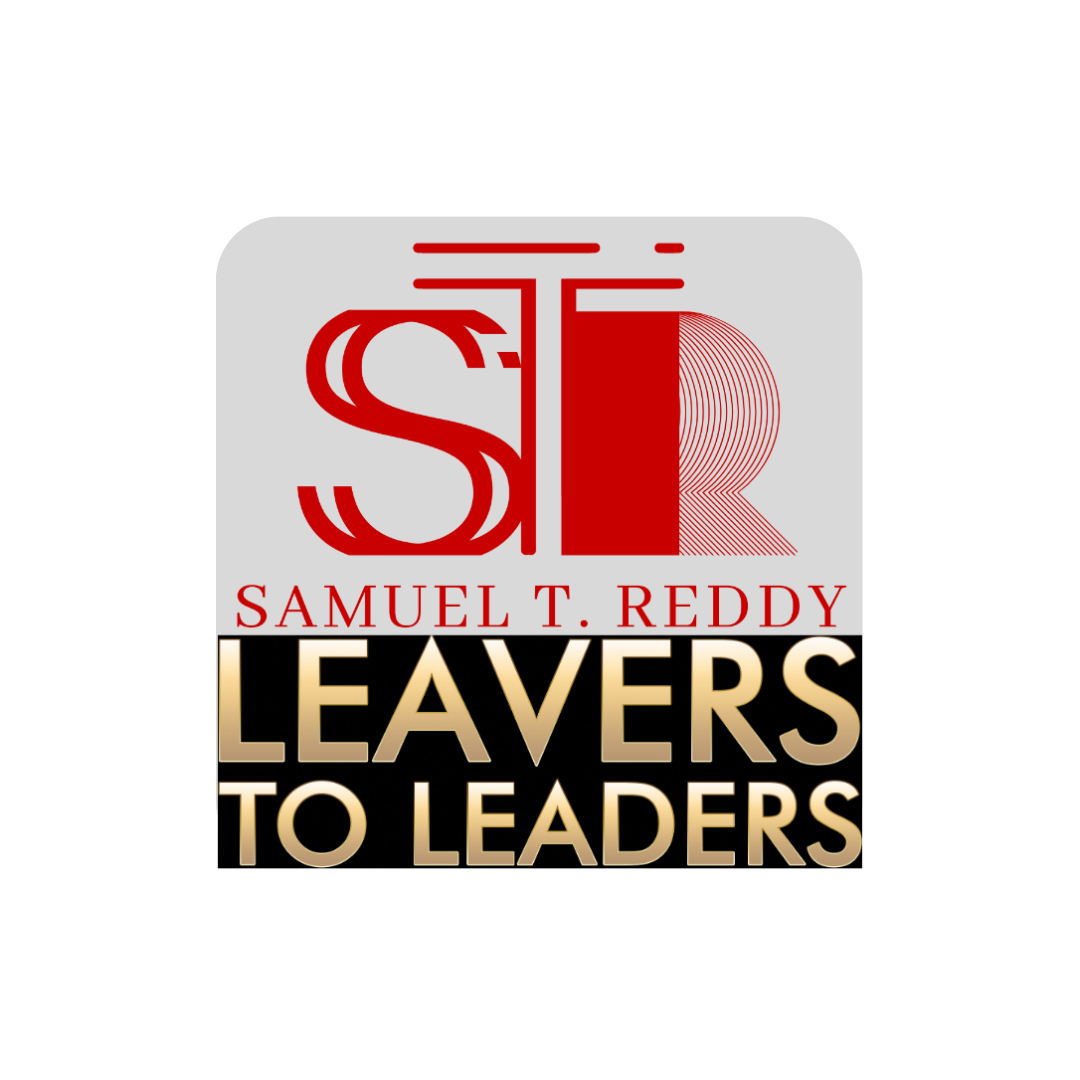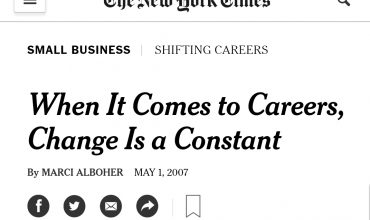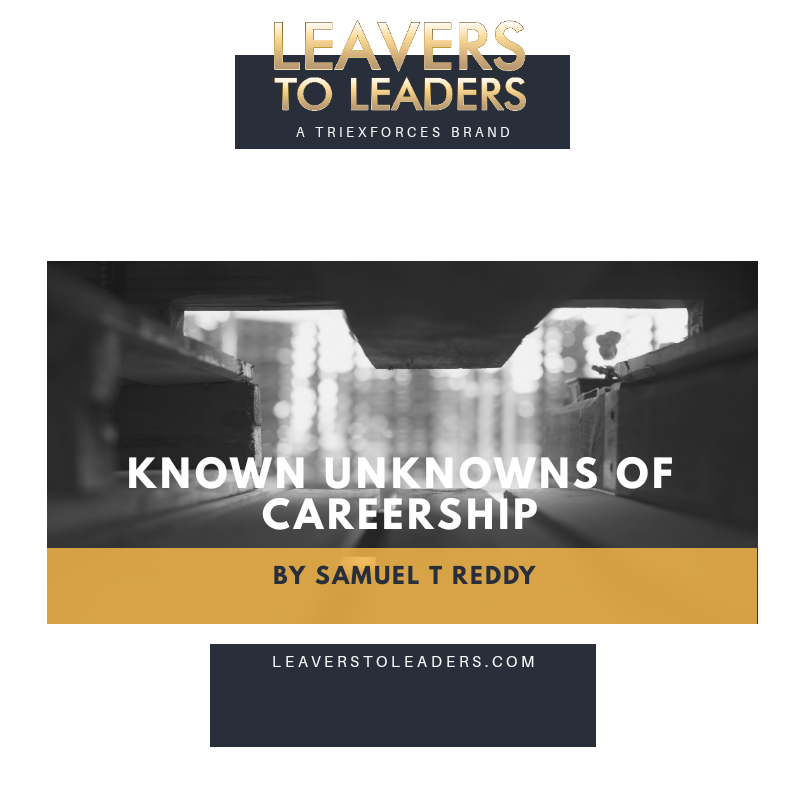
While the debate about the future of work continues to get plenty of media coverage, much of it is of the alarmist ‘the robots are coming to take your job’ version. It makes for good press and interesting, populist stories. There are three things to think about if you have 10+ years left to work or run your business. I call them the WWW, not the world wide web or wild wild west but Work, Workforce & Workplace.
Work
By now we all know the future of work is changing. Just the other day, I went to my local Santander branch at Southampton University to find out the branch has only one staff and a manager accessible by appointment only. The cashier has been replaced by three automated machines. During my research for Leavers to Leaders, I came across three types of disruptions by technology.
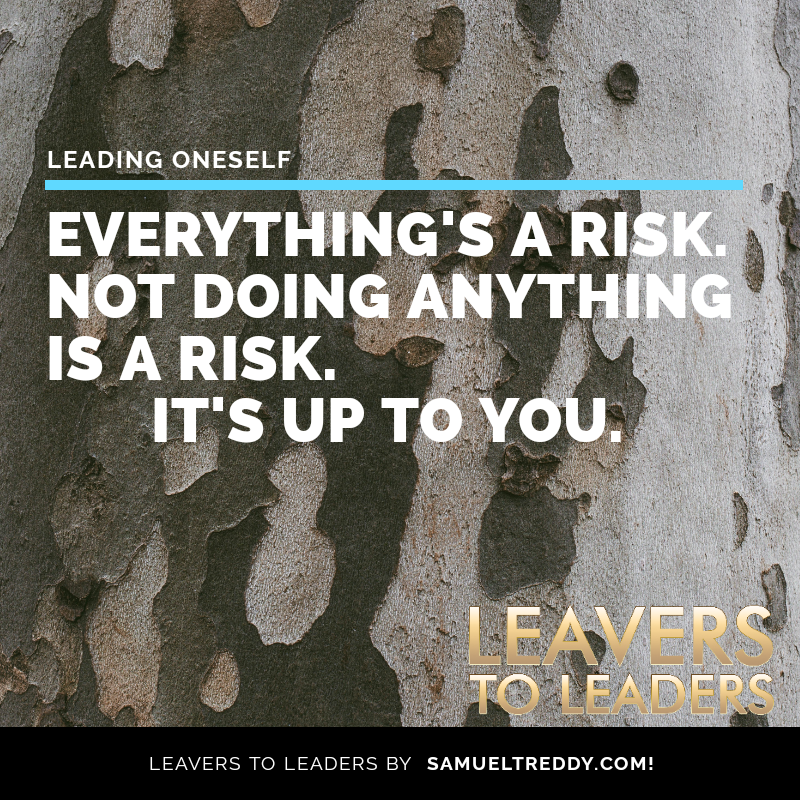
- Automation
As mentioned above this form of technology simply replaces a human job completely. Examples of these will be as mentioned above – the bank teller, checkout staff, or boarding staff at airport terminals. For those in business, Ebay will also be commonly known as replacing the high street shops and this trend will become more visible in the coming years.
2. Brokerage
Anything that requires a middle man is under the risk of being replaced. We have seen this in the travel industry where you can book almost any airline, any cruise line, any hotel online or via an app. Popular disruptions are Uber, Amazon & Airbnb. This type of disruption replaces the middle man by a technology, normally a software for a fee. Uber charges between 20 to 25% to its driver, same goes for the other apps. Automation is replacing low skilled work to physical skilled work to high skilled work like the ‘robot lawyers’ which recently replaced over 3000 jobs in Russia’s largest bank. Read more of the 3 reasons to reinvent yourself.
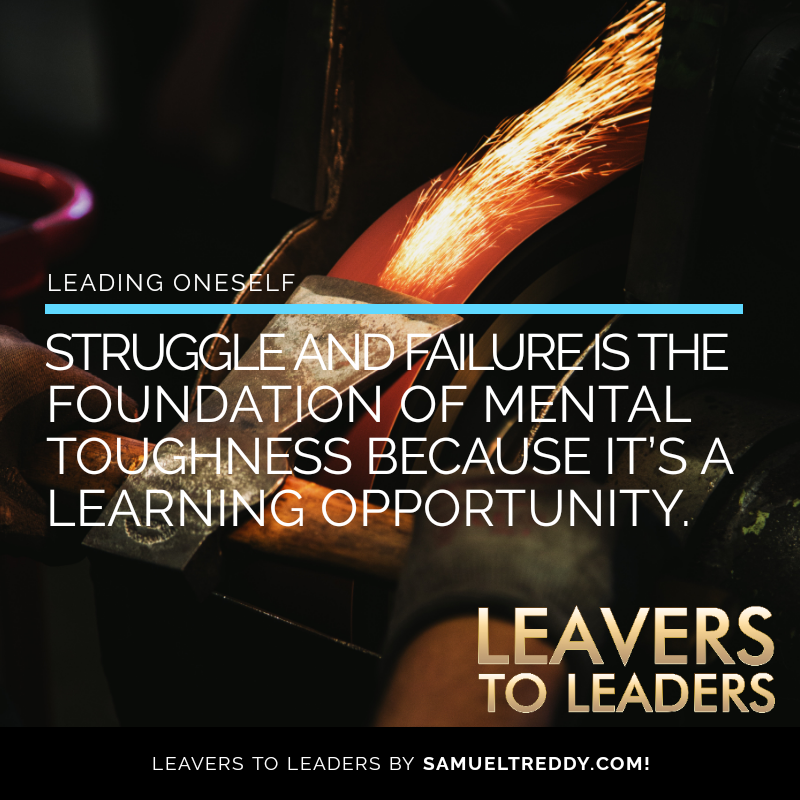
3. Digitalisation
Now, most of us have been experiencing these disruptions since blockbuster went bust. We can now sit in the comfort of our home to watch Netflix. Or we can listen to any music we want on Spotify, read our favourite books on Kindle or news on (Huffington post). What has digitalisation meant for workers? Well for sure it is a loss of work. The spread of personal computers brought about a reduction in administrative staff, for example typists and fewer people needed to edit, print or manage any paperwork.
Workforce
Currently we have four generations in the workforce and soon to be five. Many don’t realise the impact this has on taking on a new job or moving up the ladder or for some it can be very clear you have reached a glass ceiling.
For the past 50 years, lifespans in the west have increased by three years every decade. Notwithstanding the occasional bumps (average lifespans decreased by a month early last year in the UK, the first time since 1982) this is likely to continue, if not accelerate, as we find ‘cures’ for cellular ageing as well as for diabetes, heart disease and Alzheimer’s. As a result, we are enjoying better lives and staying longer in the workplace. On this reckoning, in 60 years it will be 100 (good news if you are 40 or younger). So the workforce has changed. Not only do we have the baby boomers, the quiet generation (Gen Xers), the fast approaching generation (Gen Y) and also the newly workforce generation (Gen Z). Read more on Leading generations.
While the journey to full equality is not over yet — there are still fewer women in the workforce, fewer women in senior roles, significantly more women in part-time roles, and pay inequality is still a work in progress — we are well down this track in the UK and the pay gap will educate a lot of us.
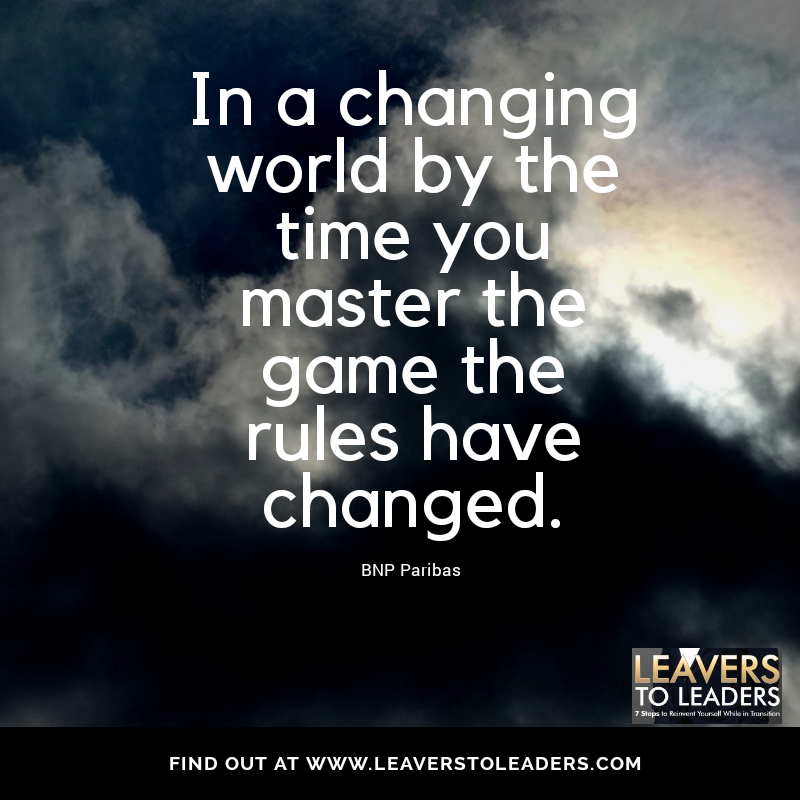
Workplace
One of the current trends of the future of work debate is to analyse the impact of technology on particular jobs, counting the likely disruption automation, digitalisation and brokerage will cause. Coming from the military, a common example will be GPS on smart phones which was introduced in 1978 for the military and became commercially available in 1994. After google maps, would you expect GPS being a driven force behind Uber which has been at the forefront of the new gig workers-with multiple jobs, no career paths, the opportunity to be entrepreneurial, no age restriction and so on. The workplace is driven by management tools, we have software that is able to monitor everything from files opened by office staff to the route taken by a delivery driver, to the tone of voice used in a call centre. Workers in the ‘knowledge economy’ (finance, law and business services) are the most affected by the work place integration where work can be infinite and transportable to any location as long as you have access to 4G.
So where does that leave us when we are facing a career transition or even in our business?
The reality is that you have been thinking about changing career and can visualise yourself doing it in the years to come, try do it as early as possible as it may be harder down the line. Specially if you are in the military, you know your career will end at some point, waiting for the 12-24 months resettlement may not be enough because by the time you master the game, the rules have changed. Same way if you think your career is at risk, then do something about it, because not doing anything is a risk.
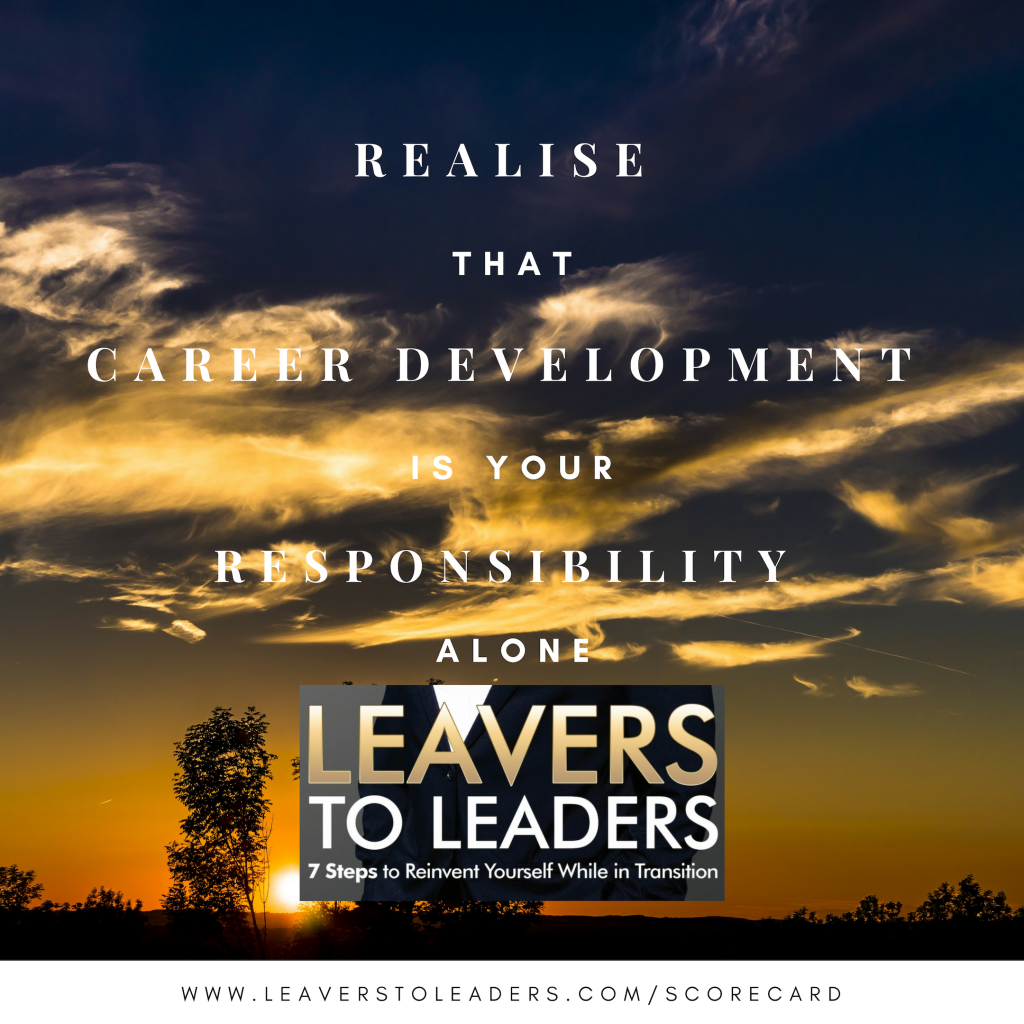
It was not easy handing in my notice back in 2006 when I was in the British Armed Forces but I knew I would be happier in the long term. In saying that, a smooth military transition is not a given, but acknowledging that some obstacles will be almost unavoidable will go a long way and from my experience you will need to reinvent yourself specially if you have 20 years left to reach your 60th. One of the major findings of my own research during the writing of ‘Leavers To Leaders‘ is the fact that the most inspiring leaders have struggled in their life and have been able to turned adversity into victory. Leaders who have triumphed over tragedy are more engaging and interesting. Grit, resilience and courage are qualities we admire in them.
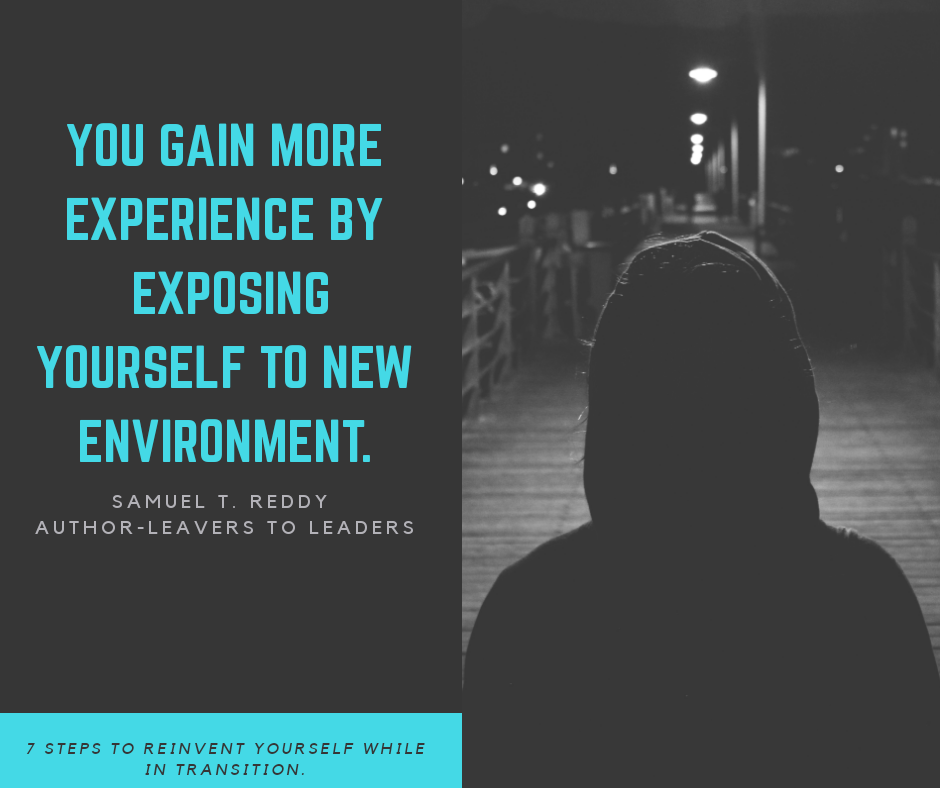
Investing in yourself is the only solution. Like investing money, pouring energy into ourselves can pay off and the ROI is huge. Expose yourself to new environment, enrich your perspective: learn a new skill, explore a passion, start a new hobby—all of which can lead to new opportunities and create new streams of both emotional and financial income. In addition, continue to make investments in your personal assets: family, home, friends, life, and job. All will produce large dividends in the long run.
Are you ready to leave and start leading your career? Find out more:
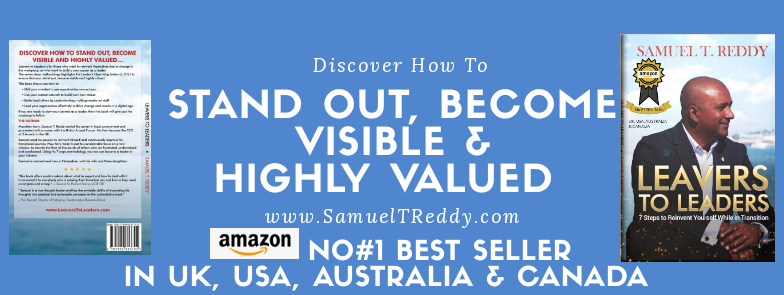
Three months ago I published Leavers To Leaders and I was asked by a local paper why. My answer is simple, it is the book I wish I had read when I first transitioned and it has now become a solid base for me to use for my personal development and business development. Let’s face it, I am pretty sure I will not be doing the same job in the next 10 years.
Leavers To Leaders is designed to help military & specially non military to overcome the force of habit that tends to create default decisions with regards to career moves. For me the three things I look for are change in Work, Workforce & workplace. In the book you will discover the 7 steps methodology to lead your career so you can stand out, become visible and highly valued. It is now available in 17 countries and already impacting the lives of many from military to non military and helped countless others to become the best version of themselves.
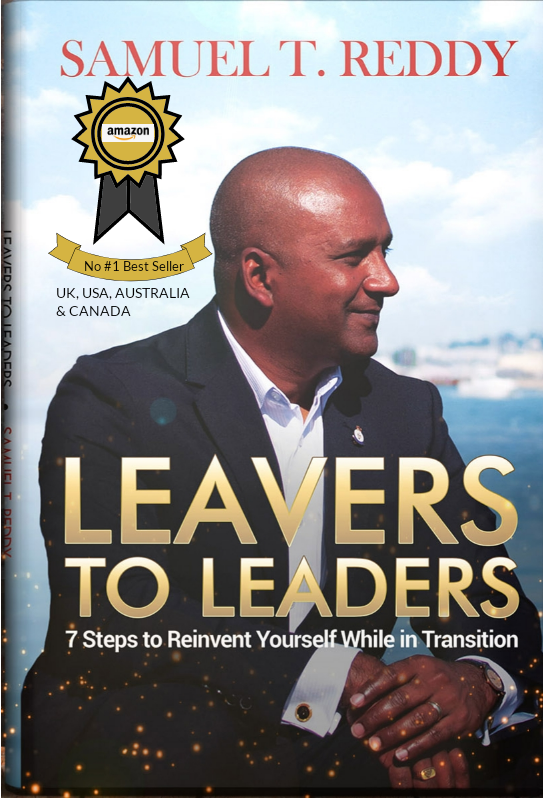
My name is Samuel T. Reddy, my whole life has been about transition, Mauritian born, my career started out in the local government and proceeded with a career in the British Armed Forces. So far I have had 8 careers transition and my latest career is just getting started and I am glad to now have a map & a compass. I would love to hear about your career transition and future endeavours. Please contact me on social media @samueltreddy or my office info@TriExForces.com
Yours,
SamuelTReddy.com
